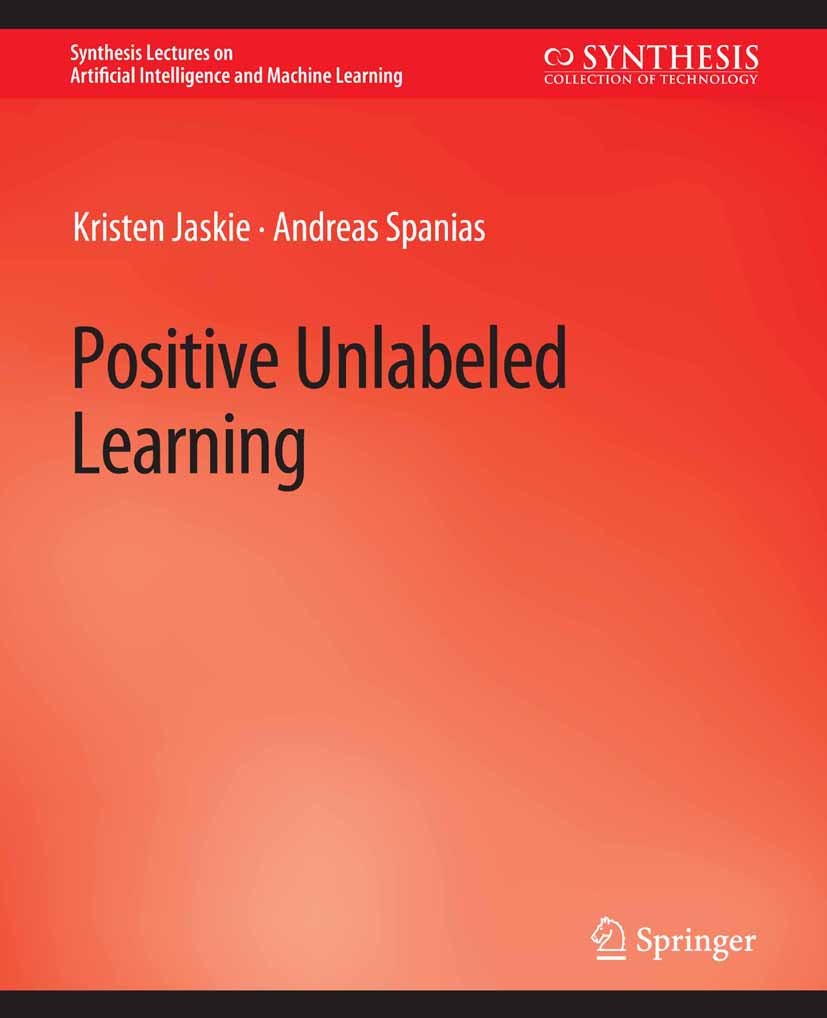| 书目名称 | Positive Unlabeled Learning | | 编辑 | Kristen Jaskie,Andreas Spanias | | 视频video | http://file.papertrans.cn/752/751900/751900.mp4 | | 丛书名称 | Synthesis Lectures on Artificial Intelligence and Machine Learning | | 图书封面 |  | | 描述 | Machine learning and artificial intelligence (AI) are powerful tools that create predictive models, extract information, and help make complex decisions. They do this by examining an enormous quantity of labeled training data to find patterns too complex for human observation. However, in many real-world applications, well-labeled data can be difficult, expensive, or even impossible to obtain. In some cases, such as when identifying rare objects like new archeological sites or secret enemy military facilities in satellite images, acquiring labels could require months of trained human observers at incredible expense. Other times, as when attempting to predict disease infection during a pandemic such as COVID-19, reliable true labels may be nearly impossible to obtain early on due to lack of testing equipment or other factors. In that scenario, identifying even a small amount of truly negative data may be impossible due to the high false negative rate of available tests. In such problems, it is possible to label a small subset of data as belonging to the class of interest though it is impractical to manually label all data not of interest. We are left with a small set of positive lab | | 出版日期 | Book 2022 | | 版次 | 1 | | doi | https://doi.org/10.1007/978-3-031-79178-9 | | isbn_softcover | 978-3-031-79173-4 | | isbn_ebook | 978-3-031-79178-9Series ISSN 1939-4608 Series E-ISSN 1939-4616 | | issn_series | 1939-4608 | | copyright | Springer Nature Switzerland AG 2022 |
The information of publication is updating

|
|
 |Archiver|手机版|小黑屋|
派博传思国际
( 京公网安备110108008328)
GMT+8, 2026-2-9 12:17
|Archiver|手机版|小黑屋|
派博传思国际
( 京公网安备110108008328)
GMT+8, 2026-2-9 12:17


